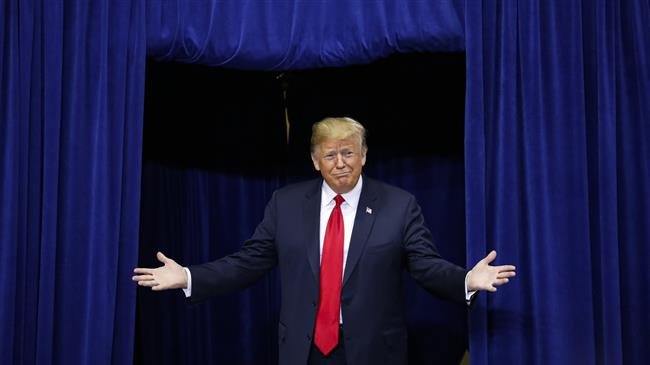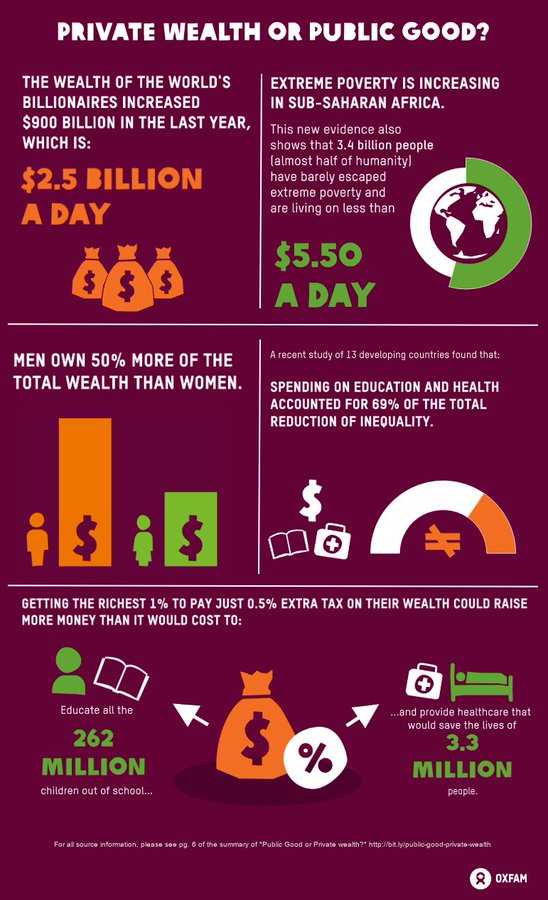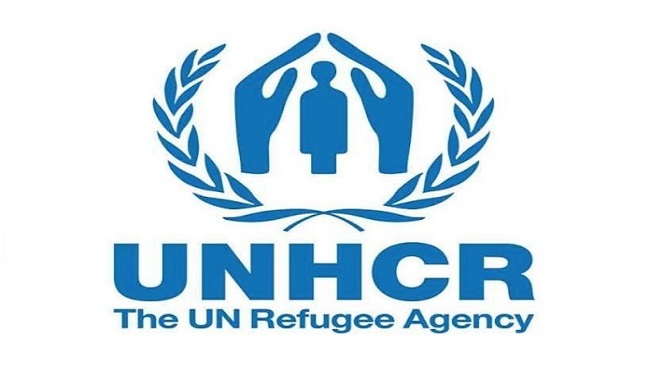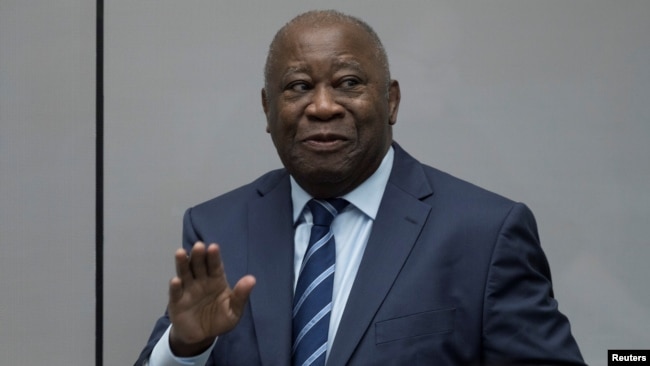25, January 2019
UN says Cameroon today can no longer be a forgotten crisis 0
Around 4.3 million Cameroonians, mostly women and children, are now in need of lifesaving assistance, the UN announced on Thursday, presenting it’s 2019 Humanitarian Response Plan for the West African country, in coordination with the Government and aid partners. UN Resident and Humanitarian Coordinator for Cameroon, Ms. Allegra Baiocchi, and Cameroon’s Civil Protection Director, Ms. Yap Mariatou, warned at the launch in Geneva, that the was a drastic increase in humanitarian need across the country.
Cameroon today can no longer be a forgotten crisis; it needs to be high on our agenda – UN Humanitarian Coordinator, Allegra Baiocchi
“Hundreds of thousands of people on Cameroon’s territory need urgent assistance and protection,” Ms. Baiocchi said, adding that “attacks against civilians have increased and many conflict-affected people are surviving in harsh conditions without humanitarian assistance due to the dramatic underfunding of the response. Cameroon today can no longer be a forgotten crisis; it needs to be high on our agenda.”
With needs rising by 31 per cent in a year, the UN today estimates that around 4.3 million people in Cameroon – one in six people and mostly women and children – require lifesaving assistance. The joint Humanitarian Response Plan 2019 seeks $299 million to assist 2.3 million vulnerable people, more than half of those in need. Last year, a $320 million response plan for Cameroon was only 40 per cent funded.
The aggravation of the conflict in western regions is the main driver behind the increase, with armed attacks in the far north, and new refugees coming from the Central African Republic also increasing demand for urgent aid. Insecurity and violence in these regions have uprooted 437,000 people from their homes and forced over 32,000 to seek refuge in neighbouring Nigeria. Four million people are affected by the conflict in Cameroon’s west, says the UN. In addition, due to the deteriorating situation in northeast Nigeria, more than 10,000 new refugees arrived in Cameroon in 2018, bringing the number of Nigerian refugees to 100,000.
Needs ‘likely to increase in coming years’
“The Government of Cameroon is responsible for the protection and wellbeing of its people and has been at the forefront of the response with its national and international partners,” added Ms. Yap Mariatou. “We acknowledge the scale of the different crises we face, and we encourage all the actors to work in close partnership to address the needs of Cameroonians and of the people we host.” “Humanitarian needs are likely to increase in coming years,” said Ms. Baiocchi, adding that budgets had failed in increase adequately in recent years. “Underfunding means we cannot do all we can to make a difference in the life of most vulnerable people across Cameroon, whether it is the girl who is missing school due to violence, the displaced mother struggling to feed her children, or the father who has lost his entire family.”
























26, January 2019
Southern Cameroons War Crimes Tribunal Issues List of War Crimes Suspects 0
The Southern Cameroons Special Tribunal Coordination Committee (SCSTCC) has announced an initial list of war crimes suspects including two Cameroonian government military units implicated in war crimes and torture of civilians. The list is a work in progress and the allegations are not yet proven though in many cases video, eyewitness evidence and the public statements of the suspects strongly implicates some of the accused in conceiving, ordering and carrying out atrocities against Southern Cameroonian civilians and Amabazonian self defense units.
The Special Tribunal Committee has received a mandate from several Ambazonian organizations and their supporters to collect evidence, carry out investigations, and prosecute using any and all means possible including the national courts of third countries and international tribunals. The Special Tribunal Committee will also contact other national war crimes units with their findings and will seek visa bans and sanctions on implicated individuals and organizations.
The initial backers of the Special Tribunal include the Southern Cameroons National Council (SCNC), the Southern Cameroons Defense Force (SOCADEF), the Ambazonia Governing Council (AGC), the African Peoples Liberation Movement (APLM), the Organization of Emerging African States (OEAS) and the Cameroon Anglophone Civil Society Consortium. Dr. Jonathan Levy, an international lawyer specializing in human rights was appointed Chief Coordinator of the Tribunal and has been joined by two prominent African barristers.
According to Dr. Levy, the Special Tribunal’s immediate mission is to use existing courts and procedures to investigate and prosecute war crimes: “We need to bring legal actions quickly to prevent further atrocities. We also encourage other interested groups to do the same regardless whether they work with us or not. Our immediate goal is deterrence and that will only be effective if war criminals see demonstrable proof they will be held accountable for their crimes.”
The Southern Cameroons Special Tribunal Coordination Committee (SCSTCC) initial list of war crimes suspects are as follows:
President and Commander-in-Chief Paul Biya
Former Prime Minister & Deputy Commander-in-Chief Philemon Yang
Prime Minister & Deputy Commander-in Chief-Joseph Ngute
Minister of Defense Joseph Beti Assomo
Deputy Minister of Defense René Claude Meka
Major-General Nkoa Atenga
Secretary of State in charge of the National Gendarmeris, Galax Yves Landry Etoga
Gov. Adolphe Lele Afrique
Gov. Bernard Okalia Bilai
Senior Divisional Officer for Fako, Engamba Emmanuel Ledoux.
Senior Divisional Officer for Koupé Manengouba: Keyantcho Augustin.
Senior Divisional Officer for Lebialem: Ungitoh Zachry
Senior Divisional Officer for Manyu: Oum II Joseph
Senior Divisional Officer for Boyo: Tegni Fidèle.
Senior Divisional Officer for Bui: Mooh Emile Simon.
Senior Divisional Officer for Donga Mantung: Nkwenti Simon Doh.
Senior Divisional Officer for Menchum: Kamga Charles
Senior Divisional Officer for Ngoketunjia: Emvoutou Mbita Benoît William
Battalion D’intervention Rapide (BIR)
General Directorate of External Research (Direction Générale de la Recherche Extérieure, (DGRE)
General Elokobi Daniel Njock
Brigadier General Agha Robinson
Colonel Didier Badjeck
Minister of Communications, Issa Tchiroma
Minister of Territorial Administration, Atanga Nji Paul
Chief of National Police, Martin Mbarga Nguele
The Mayor of Buea, Patrick Ekema Esunge